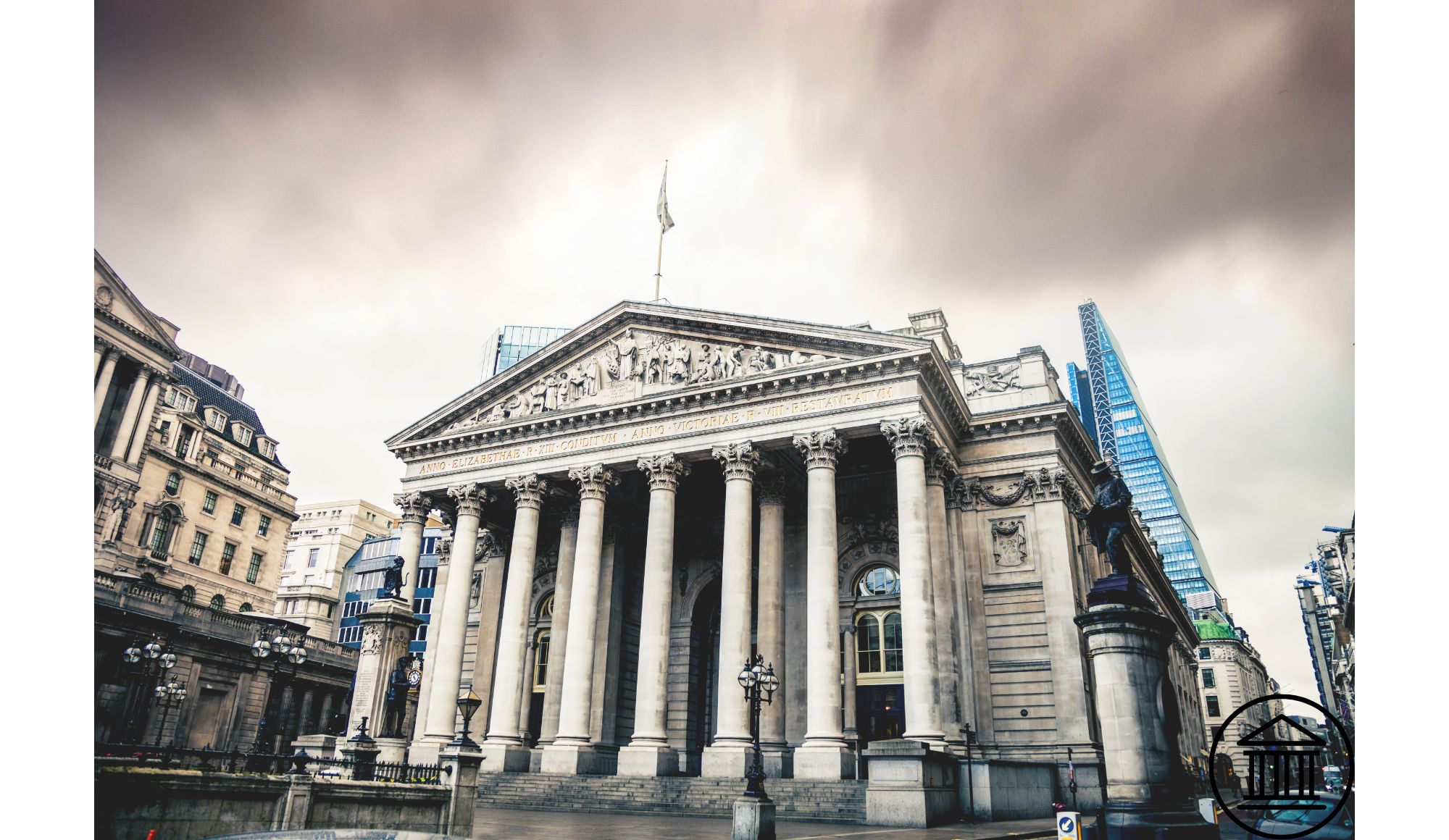If The CEO Is Loading Up, Should You?
Riddle me this. If a stock is so awful why does the CEO keep buying so much of it? That’s precisely the situation with SoFi. The share price is down an astonishing 33% year-to-date and yet the boss keeps acquiring stock at a furious pace, and Motley Fool just ranked it one of the safest banks in America.
From its early beginnings as a student loan provider, SoFi has expanded to offer personal loans, home loans, credit cards, investing, insurance, and banking products. It’s a brilliant business model where SoFi acquires HENRYs (high earners not yet rich) when they need capital in the form of student loans, and then sells them on all sorts of other products as they make their way through life.
And unlike most other banks, SoFi has won over a loyal following thanks to a concerted social media presence that encourages feedback and is highly responsive.
SoFi’s ecosystem of products is so wide that it essentially creates a one-stop shop for its members. This diversity not only drives user engagement but also enhances customer retention by providing multiple touch points within the financial lifecycle.
So if the company is so good why is the stock so bad?
Key Points
- Despite a 33% drop in SoFi’s share price year-to-date, CEO Anthony Noto has been aggressively buying SoFi stock.
- SoFi has evolved from a student loan provider into a comprehensive financial services company offering personal loans, home loans, credit cards, investing, insurance, and banking products.
- Despite concerns over high interest rates, SoFi’s member base grew by 40% year-over-year to 7 million members.
What Makes SoFi So Good?
Unlike other financial institutions, which are largely viewed as commodities by consumers, you can take or leave the bank you’re with most likely if another is more competitive on rates, SoFi has a member-centric approach. That differentiates it from traditional financial institutions.
For example, if you’re a SoFi member and need help with career services, the team will come to your rescue. Financial planning and educational resources foster a loyal customer base and the overall holistic approach is designed to improve the financial well-being of its members, which in turn increases their lifetime value.
At the core of the offerings are cutting-edge technology. And one of the key standout aspects of that technology is Galileo, acquired in 2020.
Galileo powers the backend of numerous fintech companies, providing SoFi with a steady stream of revenue and insights into the latest technological advancements in finance. The acquisition also enables SoFi to scale efficiently and maintain a competitive edge.
All those pluses have translated to solid numbers.
How Is SoFi Doing?
In Q1 2024, SoFi’s revenue from lending products accounted for 70% of total revenue, while financial services and technology platform revenues contributed 20% and 10%, respectively.
That heavy weighting towards lending is what has investors concerned in a high interest rate environment. A HENRY who may have chosen to take on a personal loan at 9%, well below the market average a few years ago, may be much slower to assume a 13% APR.
Still, members have been growing. SoFi’s member base grew by 40% year-over-year, reaching 7 million members as of Q1 2024. This growth highlights the team’s ability to attract and, crucially, retain users.
And even if there are concerns about lending, the reality is SoFi originated $4 billion in loans in Q1 2024, a 30% increase from the previous year. The company’s focus on high-quality borrowers and competitive rates drives loan growth and portfolio quality.
Better still, SoFi’s deposits grew by 50% year-over-year, reaching $10 billion as of Q1 2024. This growth enhances SoFi’s funding base and supports its lending operations.
Finally, SoFi’s CEO Anthony Noto has been buying up SoFi shares consistently and in large amounts. With the stock down 33% for the year and vastly underperforming the market, now might just be the time to buy the dip, particularly with the upside sitting at 39.8% in the eyes of analysts to $8.91 per share.



